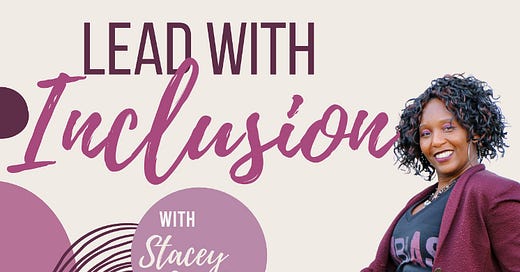Imagine you’re boarding an airplane, when suddenly the person in front of you wrenches open the cockpit door and demands that the pilot explain exactly how she’s going to fly the plane, and why every maneuver is important to safely reach your destination.
That would be extremely bizarre and dangerous, wouldn’t it?
Yet that’s pretty much exactly what cisgender people do when we demand that trans or nonbinary people explain how and why they use different pronouns.
As a preemptive response to the statement that the U.S. administration has banned the use of pronouns other than he or she, know that 1) we fear what we don’t understand and there are a number of cowardly people in power right now and 2) making something illegal doesn’t negate the person - there was a time when it was legal to consider Black people property, but that didn’t change our humanity.
Many of us don’t understand, let alone acknowledge, the use of pronouns other than he/she. We want to know WHY there needs to be more than male and female pronouns.
If we cisgender people (“cisgender” means your gender identity corresponds with your birth sex) are honest with ourselves, I think a lot of us can relate to the question of WHY?
Unfortunately, the answer may be hard to accept, but it’s true: WHY is none of your business.
You don’t have to understand why someone’s pronouns are ze/hir/hirs or she/they to respect them. They don’t owe you an explanation and it’s extremely inappropriate to demand one. While not a perfect analogy, you can understand that it’s not the pilot’s job to educate a passenger on air flight. Well, it’s not someone else’s job to educate you on gender identity, pronoun usage or gender expression either.
This need to know why, at the expense of another human, is a sign of privilege — and ego. We want someone’s pronouns to make sense to us before we accept them. But their pronouns are not about us. We don’t need to fully understand in order to offer respect or acceptance.
Lead With Inclusion
If you are cisgender, rather than feel like you’re going out of your way to accommodate “those nonbinary people” who are different, instead of expecting gratitude you acknowledge them, try looking at things from a different perspective.
Are you doing the pilot a favor when you don’t interrogate her? No! We accept and respect things we don’t understand all the time. Take the time to respect someone’s identity rather than get frustrated that you have to take the time, or do the work, to remember. Think of it like learning someone’s name.
At least 1.2 million nonbinary people live in the United States, and while that number will continue to grow, we’re also going to see the number of people needing to hide increase.
Just a few months ago, people who avoided coming out for fear of being fired, ostracized, or harassed began to feel safe and that safety has been invalidated. Are you a safe space? Can your colleagues or friends be their whole selves when interacting with you or are you part of the contingent forcing the need to cover and conform.
Be An Inclusive Leader
If you feel resistance or uncertainty about using a person’s pronouns, here are three things to do:
Acknowledge and accept yourself where you are. Reflect and admit “this is hard for me” and think about what is causing your resistance.
Get over yourself 😉 Realize that you may not understand why a person uses a specific pronoun, but it’s not about you.
Practice talking about/using them. The term “preferred pronouns” isn’t accurate. Your pronouns are just… your pronouns. Calling them “preferred” implies that using them is optional. Also, there’s SO much binary language beyond pronouns… and there doesn’t have to be. Instead of welcoming an audience with “welcome, ladies and gentleman,” consider using “welcome, everyone/folks/distinguished guests/friends.”
I get it: we’re in a nebulous place where it appears that the use of pronouns other than she/he have been banned but the requisite executive orders and policy changes have been legally challenged and even the Air Force has reversed its ban on pronouns in email signatures.
When you push past your discomfort and respect others (remember, it’s not about you!) you create an inclusive environment where everyone feels accepted and can thrive, bringing their full humanity, creativity, and energy to work.
At Rework Work we’re all about making work work for all and when we embrace the full humanity within ourselves and others, everyone wins.
As a bonus, here's a video from fellow LinkedIn Learning instructor Rhodes Perry, MPA (he/him) that discusses personal actions you can take to support LGBTQ+ employees at work.
About Stacey Gordon:
Stacey Gordon is a Global Talent Advisor, Bias Disrupter and an unapologetic evangelist for inclusion. As the Founder of Rework Work, she anchors action using change management principles while facilitating mindset shifts. She is a global keynote speaker, Top Voice on LinkedIn and a popular LinkedIn Learning [IN]structor reaching nearly two million unique learners who enjoy her courses.
Want to work with Stacey live? Consider booking her for your next keynote, leadership development meeting or consulting engagement.




